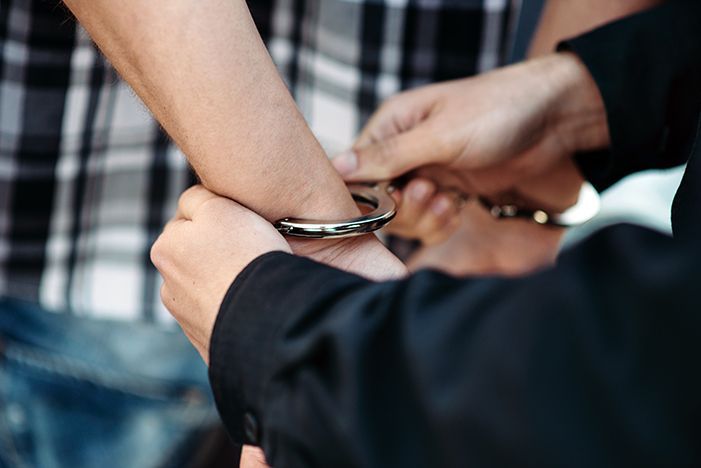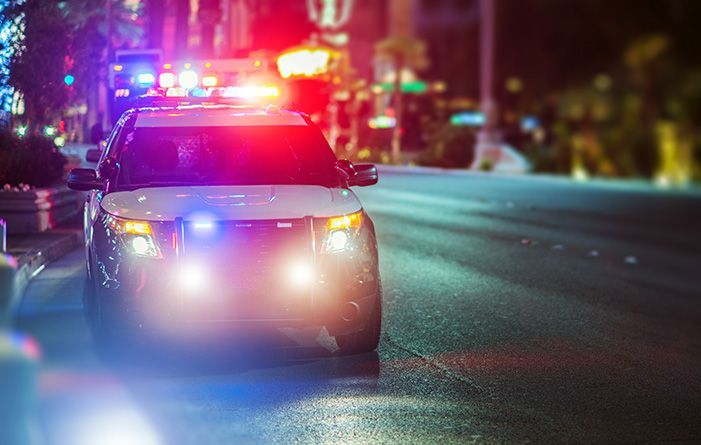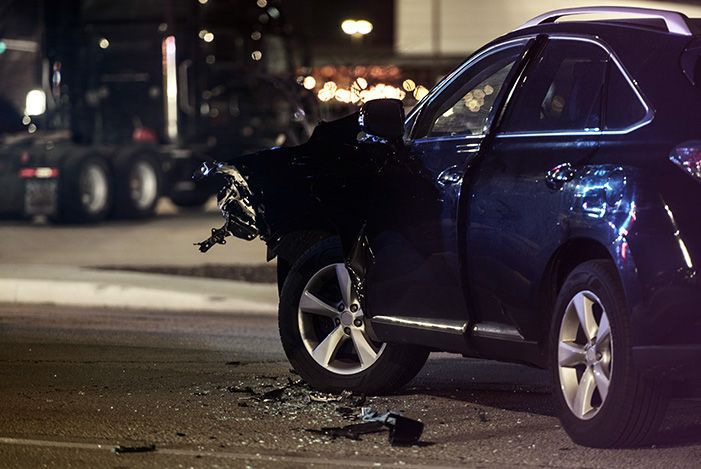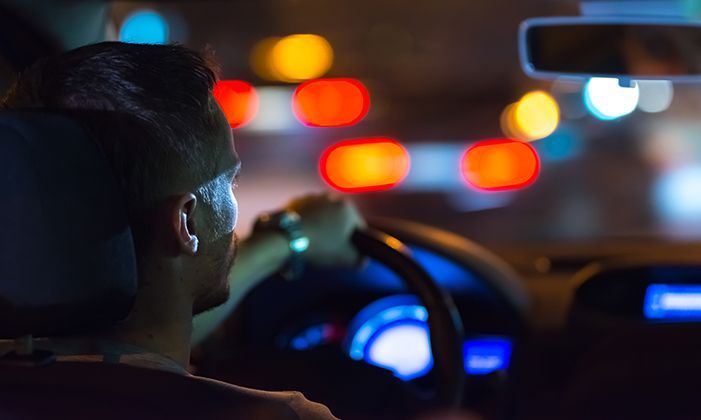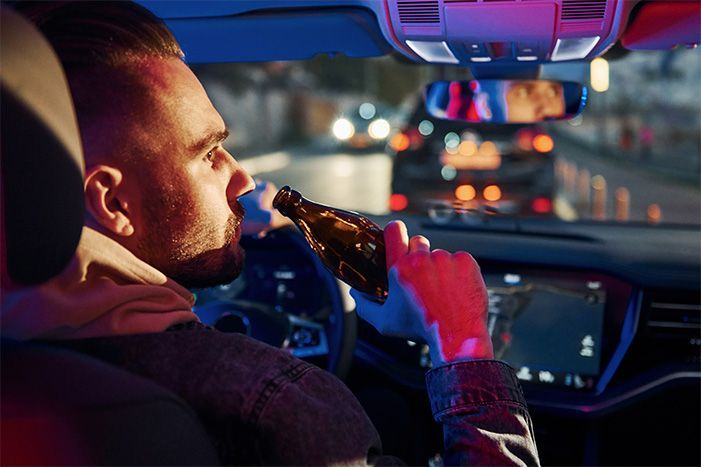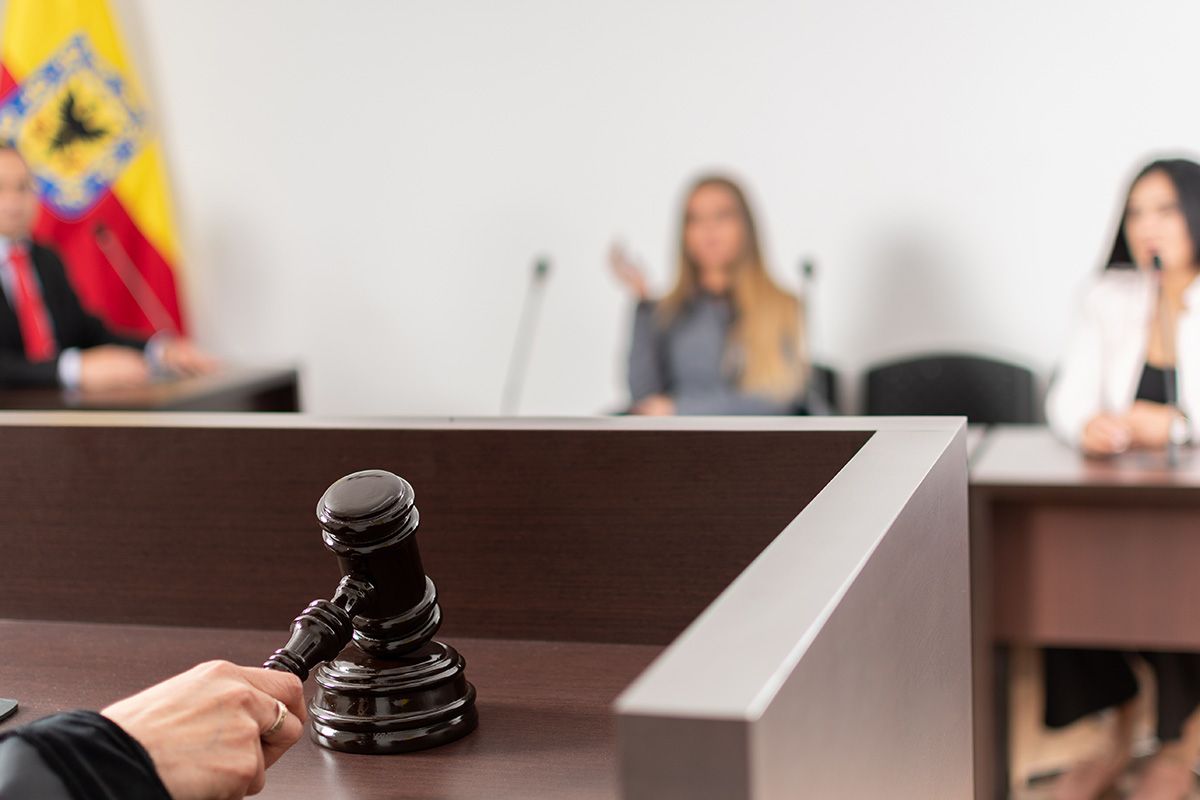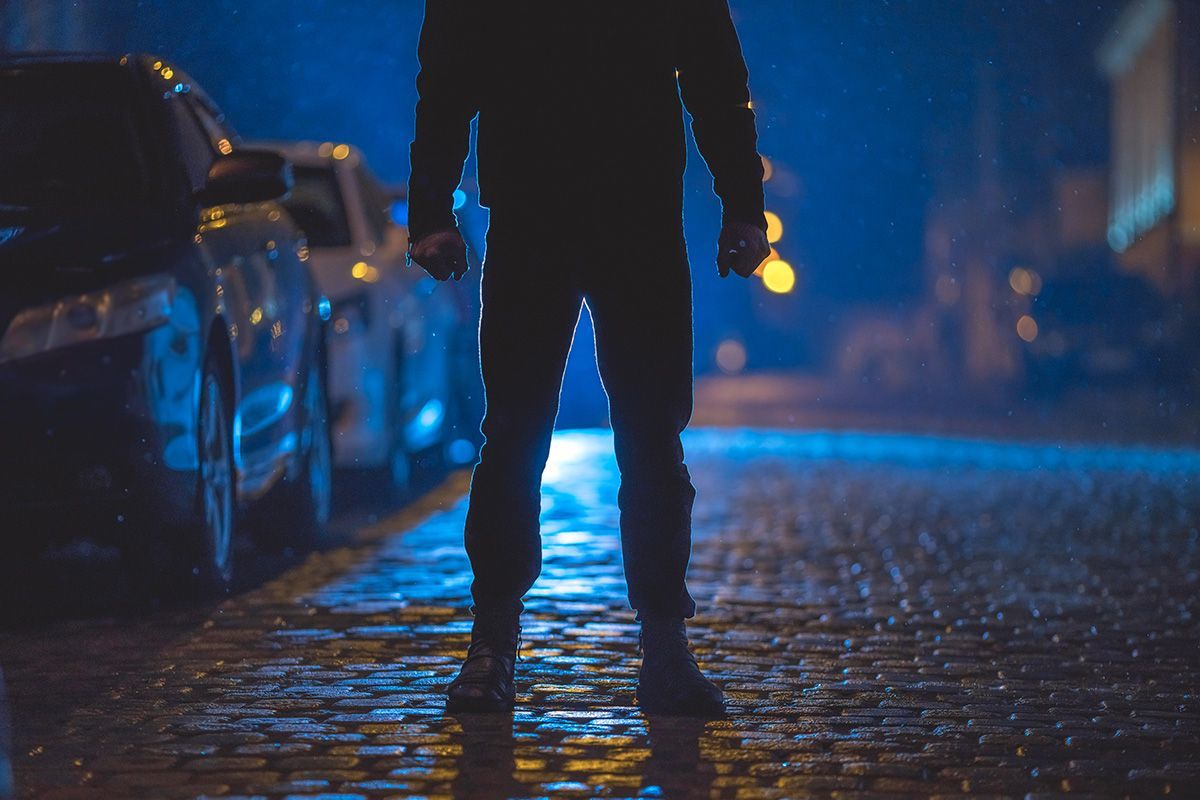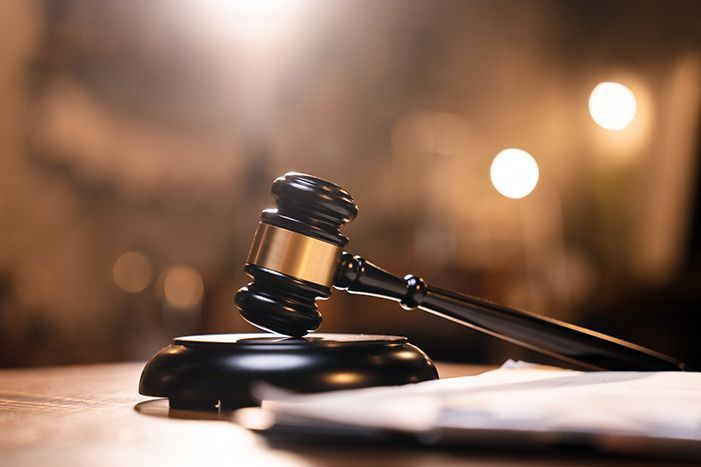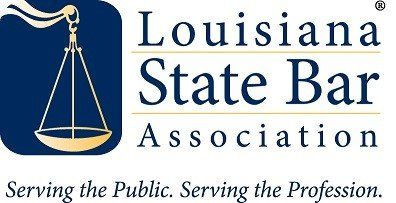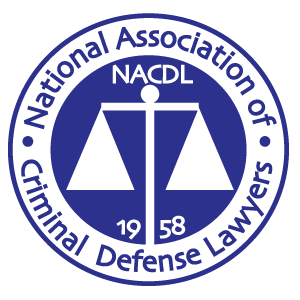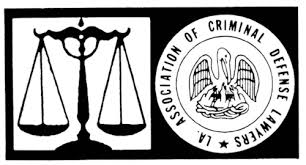Operating while intoxicated; second offense; penalties
Penalties for Second Offense DWI/DUI under Louisiana Law
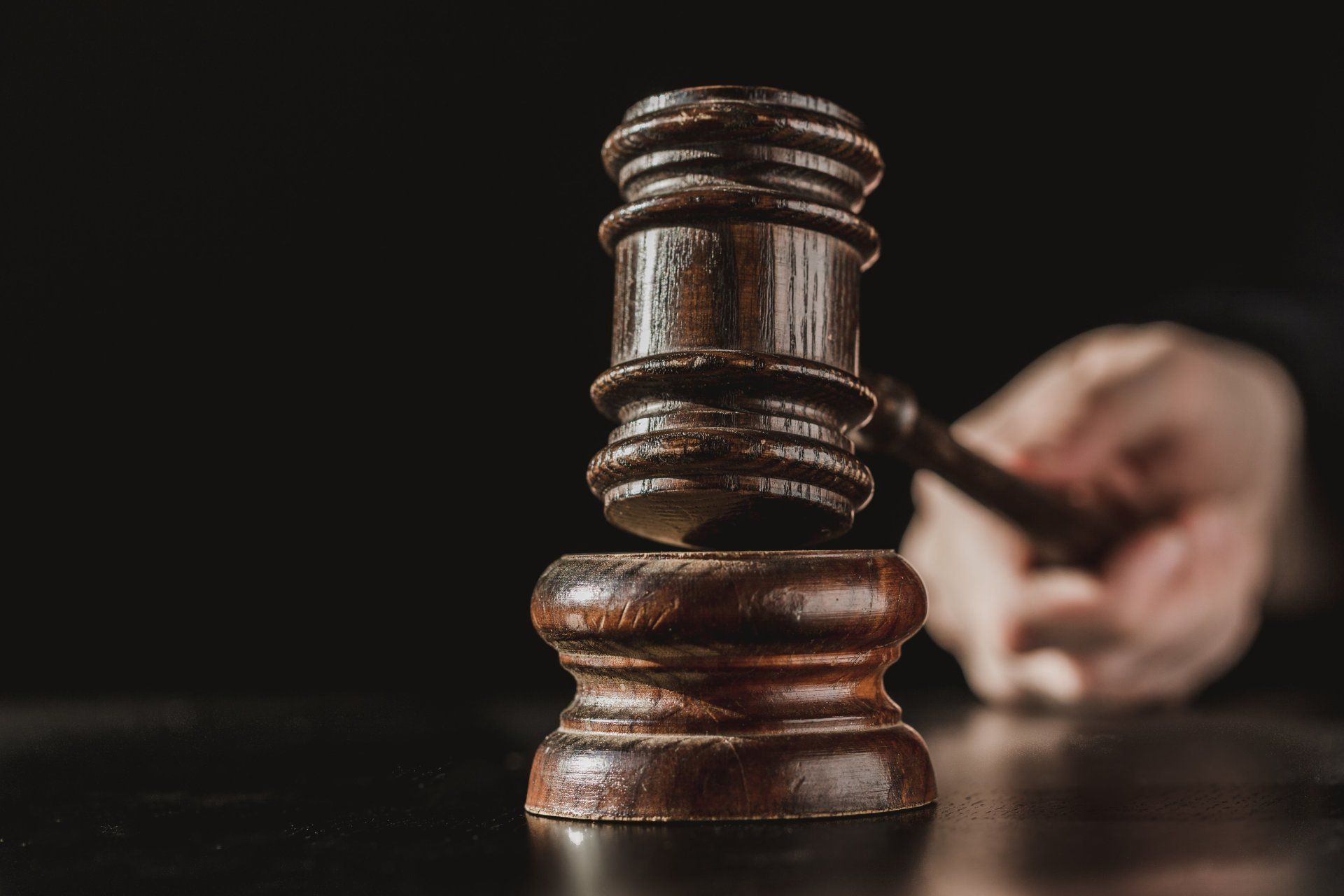
Lance Robinson is a New Orleans criminal attorney with over 20 years of experience defending clients charged with DUI or DWI. He's one of the top rated criminal defense lawyers in New Orleans, LA, as well as the state of Louisiana.
Lance has worked with hundreds of clients facing
New Orleans DUI/DWI charges . If you need an attorney to fight for your rights, don't hesitate to reach out to us. You can call us at 504-465-0101 or you can use our
contact form . If you have a question or just need some direction, we'd love to help you.
§14:98.2. Operating while intoxicated; second offense; penalties
A.(1) Except as modified by the provisions of Paragraphs (2), (3), and (4) of this Subsection, or as provided by Subsection D of this Section, on a conviction of a second offense violation of R.S. 14:98, regardless of whether the second offense occurred before or after the first conviction, the offender shall be fined not less than seven hundred fifty dollars nor more than one thousand dollars, and shall be imprisoned for not less than thirty days nor more than six months. At least forty-eight hours of the sentence imposed shall be served without benefit of parole, probation, or suspension of sentence. Imposition or execution of the remainder of sentence shall not be suspended unless the offender is placed on probation with the minimum conditions that he complete all of the following:
(a) Serve at least fifteen days in jail, without benefit of parole, probation, or suspension of sentence, or in lieu thereof, perform two hundred forty hours of court-approved community service activities, at least half of which shall consist of participation in a litter abatement or collection program. If imprisonment is imposed under this Subparagraph, the sentence is to be served in addition to the sentence of imprisonment imposed pursuant to Paragraph (1) of this Subsection, provided that the total period of imprisonment upon conviction of the offense, including imprisonment for default in payment of a fine or costs, shall not exceed six months.
(b) Participate in a court-approved substance abuse program, which may include an assessment by a licensed clinician to determine if the offender has a diagnosis of substance abuse disorder. Nothing in this Section shall prohibit the court from modifying the portions of the program as may be applicable and appropriate to an individual offender as shown by the assessment.
(c) Participate in a court-approved driver improvement program.
(d) Except as the period of time may be increased in accordance with Subparagraph (3)(c) of this Subsection, the court shall order that the offender not operate a motor vehicle during the period of probation unless any vehicle, while being operated by the offender, is equipped with a functioning ignition interlock device in compliance with the requirements of R.S. 14:98.5(C), R.S. 15:306, and R.S. 32:378.2, which requirement shall remain in effect for a period of not less than six months from the date of conviction. In addition, the device shall remain installed and operative during any period that the offender's driver's license is suspended under law and for any additional period as determined by the court.
(2) If the offender had a blood alcohol concentration of 0.15 percent or more but less than 0.20 percent by weight based on grams of alcohol per one hundred cubic centimeters of blood, at least ninety-six hours of the sentence imposed pursuant to Paragraph (1) of this Subsection shall be served without the benefit of parole, probation, or suspension of sentence.
(3)(a) If the offender had a blood alcohol concentration of 0.20 percent or more by weight based on grams of alcohol per one hundred cubic centimeters of blood, the offender shall be fined one thousand dollars and at least ninety-six hours of the sentence imposed pursuant to Paragraph (1) of this Subsection shall be served without the benefit of parole, probation, or suspension of sentence.
(b) In addition to any penalties imposed under this Section, upon conviction of a second offense violation of R.S. 14:98, if the offender had a blood alcohol concentration of 0.20 percent or more by weight based on grams of alcohol per one hundred cubic centimeters of blood, the driver's license of the offender shall be suspended for four years.
(c) The court shall require that the offender not operate a motor vehicle during the period of probation unless any vehicle, while being operated by the offender, is equipped with a functioning ignition interlock device in compliance with the requirements of R.S. 14:98.5(C), R.S. 15:306, and R.S. 32:378.2. The ignition interlock device shall remain installed and operative on his vehicle during the first three years of the four-year period of the suspension of his driver's license.
(4) If the arrest for the second offense occurs within one year of the commission of the first offense, at least thirty days of the sentence imposed pursuant to Paragraph (1) of this Subsection shall be served without benefit of parole, probation, or suspension of sentence. In addition, if the offender had a blood alcohol concentration of 0.20 percent or more by weight based on grams of alcohol per one hundred cubic centimeters of blood, he shall be fined one thousand dollars and also be subject to the provisions of Subparagraphs (3)(b) and (c) of this Subsection.
B. Nothing in this Section shall prohibit a court from sentencing an offender to serve any portion of the sentence under home incarceration pursuant to R.S. 14:98.5, either in lieu of, or in addition to, a term of imprisonment if otherwise allowed under the provisions of Code of Criminal Procedure Article 894.2 and R.S. 14:98.5(B).
C. An offender may apply for a restricted driver's license to be in effect during the entire period of suspension upon proof to the Department of Public Safety and Corrections that his motor vehicle has been equipped with a functioning ignition interlock device in compliance with the requirements of R.S. 32:378.2.
D. Notwithstanding any other provision of law to the contrary, on a conviction of a second offense violation of R.S. 14:98, and regardless of whether the second offense occurred before or after the first conviction, when the first offense was for the crime of vehicular homicide in violation of R.S. 14:32.1, third degree feticide in violation of R.S. 14:32.8, or first degree vehicular negligent injuring in violation of R.S. 14:39.2, the offender shall be fined two thousand dollars and imprisoned, with or without hard labor, for not less than one year nor more than five years. At least six months of the sentence of imprisonment imposed shall be without benefit of parole, probation, or suspension of sentence except in compliance with R.S. 14:98.5(B)(1), the mandatory minimum sentence cannot be served on home incarceration.
(1) Imposition or execution of the remainder of the sentence shall not be suspended unless the offender is placed on probation with the minimum conditions that he complete all of the following:
(a) Perform two hundred forty hours of court-approved community service activities, at least one-half of which shall consist of participation in a litter abatement or collection program.
(b) Participate in a court-approved substance abuse program, which may include an assessment by a licensed clinician to determine if the offender has a diagnosis of substance abuse disorder. Nothing in this Section shall prohibit the court from modifying the portions of the program as may be applicable and appropriate to an individual offender as shown by the assessment.
(c) Participate in a court-approved driver improvement program.
(2) In accordance with the provisions of R.S. 14:98.5(B), any offender placed on probation pursuant to the provisions of this Subsection shall be placed in a home incarceration program approved by the division of probation and parole for a period of time not less than six months and not more than the remainder of the sentence of imprisonment.
(3) Except as the period of time may be increased in accordance with Subparagraph (A)(3)(b) and (c) of this Section, in addition to any penalties imposed under this Section, the court shall order that the offender not operate a motor vehicle during the period of probation unless any vehicle, while being operated by the offender, is equipped with a functioning ignition interlock device in compliance with the requirements of R.S. 14:98.5(C), R.S. 15:306, and R.S. 32:378.2, which requirement shall remain in effect for a period of not less than six months from the date of conviction. In addition, the device shall remain installed and operative during any period that the offender's driver's license is suspended under law and for any additional period as determined by the court.
